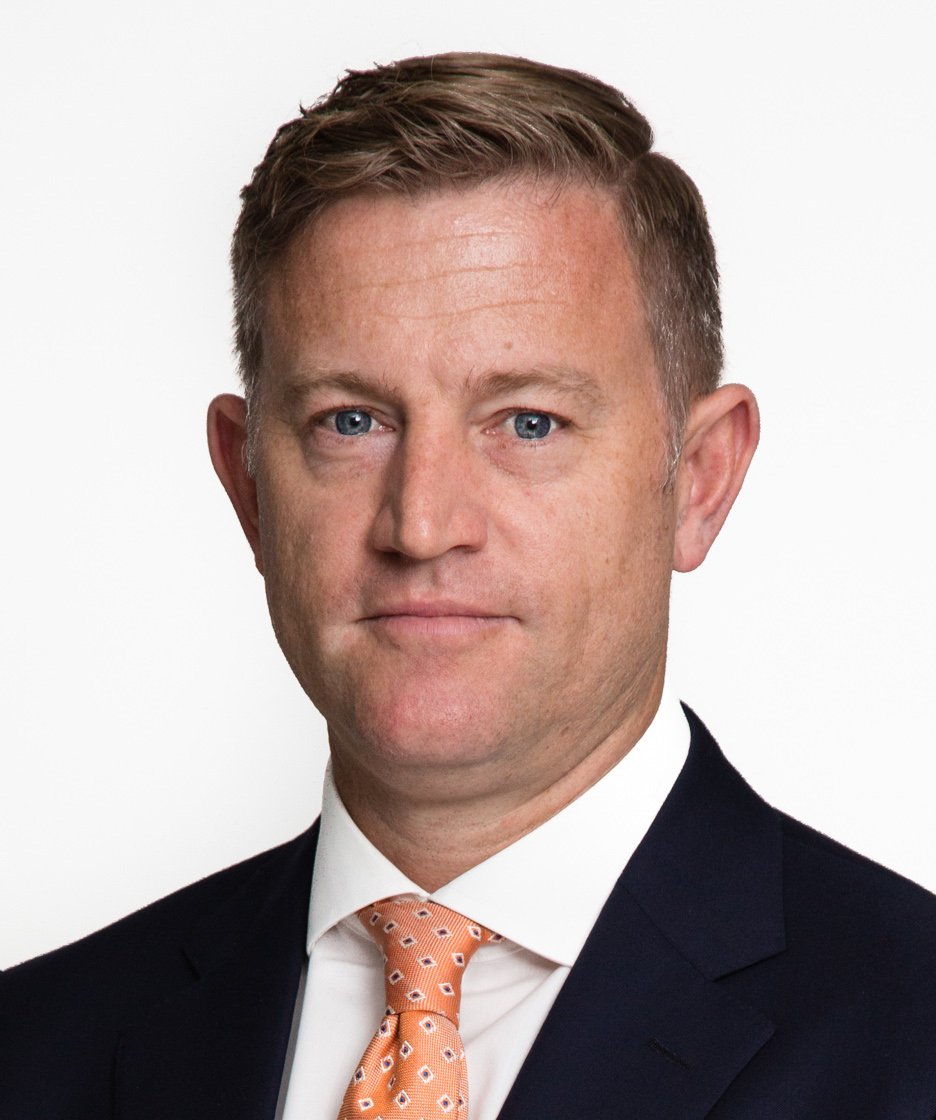
Australian fixed income is more attractive today than any other time in the past six months, says Perpetual’s Greg Stock
- Aussie credit more attractive than in any time in 2025
- Security selection and diversification key
- Find out about Perpetual Active Fixed Interest Fund
Australia is looking like a good place for fixed-income investors at the moment, argues Greg Stock – head of credit research and a senior portfolio manager in Perpetual’s credit and fixed income team.
“It’s a relatively solid economic backdrop, and there are opportunities available within the fixed-income asset class as inflation comes under control and rates fall,” he says.
Lower official interest rates affect fixed-income yields, as well as the credit quality of bonds, Stock explains.
For example, lower mortgage rates help mortgagees repay their loans, and it also supports quality corporate borrowers.
Stock has upgraded his view on the Australian fixed-income market. “Over the last six to nine months we had a slightly unfavourable view and now we are neutral.”
“There has been notable risk aversion to date and that has made valuations more attractive. We can now buy with confidence for a running yield and get some attractive returns in a stable asset class,” Stock says.
Perpetual derives a credit score for fixed-income assets based on the macro-economic outlook, valuations, technical factors and supply and demand dynamics.
“The macroeconomic outlook is subdued with the economy going through a mild downturn,” Stock says.
“Valuations are more attractive, our technicals have turned positive after being negative for quite some time, and the supply-demand dynamic is now more balanced.”
It's important to be diversified and focus on credit with an equity buffer in the capital structure, he says.
Bank credit is the prime example, but the universe includes infrastructure and energy, telcos and property, and other sectors.
“Security selection remains key. We look at risk and want to make sure we are getting fair value for that. We can afford to be choosy,” he says.
The benefit of being a large investor is that Perpetual does not need to over-concentrate in one sector and risk becoming dependent on how that sector performs.
The main risk to the outlook, Stock says, is a significantly disruptive change to global trade parameters.
“Some of the initial Trump Liberation Day tariff proposals were very much disruptive and that’s why markets reacted the way they did.
"If the tariffs were imposed, it meant global trade in some sectors would come to a standstill. That helps no-one, and it can be abrupt in terms of the short-term economic impact.
"Rationality and mutual interest have returned, and we are seeing that in talks between the US and China.
“But if those initial tariffs were imposed, they would result in a significant elevation in risks."
About Greg Stock
Greg Stock is a Senior Portfolio Manager and Head of Credit Research with Perpetual’s Credit and Fixed Income team.
Greg has more than 30 years of investing experience, including 20 at Perpetual. He has researched and analysed credit markets on the buy side and sell side for more than a decade, through multiple cycles.
Greg is a senior portfolio manager responsible for Perpetual Active Fixed Income Fund, which offers diversification and risk management via exposure to a hand-picked selection of mainly corporate and government bonds.
He is also portfolio manager for Perpetual Dynamic Fixed Income Fund, an absolute return fund that seeks to provide investors with a regular income and consistent returns.
Browse Perpetual’s Credit and Fixed Income strategies
Want to find out more? Contact a Perpetual account manager


